1. Food safety & regulatory compliance and due diligence obligations.
- Food Safety and Regulatory Compliance is a pre-requisite for any successful food business. Customers expect Food Safety Assurance as standard practice. All food operators are legally obliged to provide safe food and take a responsible approach investing in Food Safety.
- The consequences of getting it wrong can be severe leading to loss of business, reputation, public injury, fines or even imprisonment.
- ‘Solutions for Food’ offers a wide range of food safety compliance support services enabling your business to meet its due diligence requirements.
We can assist you with practical consultancy and advice to develop your HACCP system to whatever standard you require;
- HACCP & Food Act Class 1 and 2
- SQF
- BRC
- ISO 22000
- FSSC 22000
- IFS
- Prime Safe
- Major Retailer Standards & Requirements
2. Compliance of food labeling
We offer a complete service of reviewing your product labels for compliance against specifications and legal requirements.
Over 200 product recalls and withdrawals occur in Australia each year. Many are due to non-compliant labeling, for example undeclared allergens or lack of mandated safety statements.
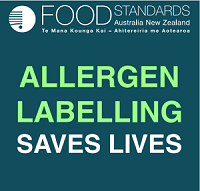
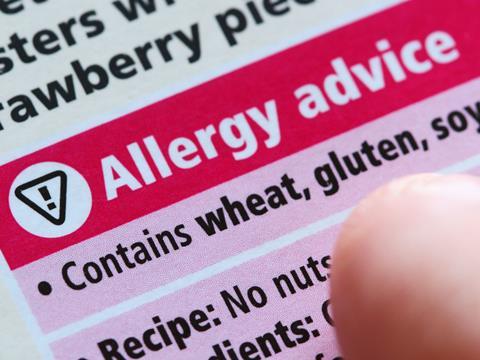

Our expert team ensure that label checks incorporate all up-to-date applicable legislation and regulations. Detailed check lists ensure that all aspects of labels are consistently validated and that there is a record of reviews.
If you would like to find out more about how we can help keep your product labels legal, please phone or email us.
Label Check Benefits:
- • Get it right first time
- • Consumer safety - Correct Allergen information
- • Ingredient approval status and dosage levels
- • Maximize your marketing on-pack
- • Avoid costly packaging waste
- • Professional product placement
- • Due diligence
- • Build reputation with your Trading Standards
- • Reduce the risk of product recall / withdrawal
3. High Care / High Risk segregations
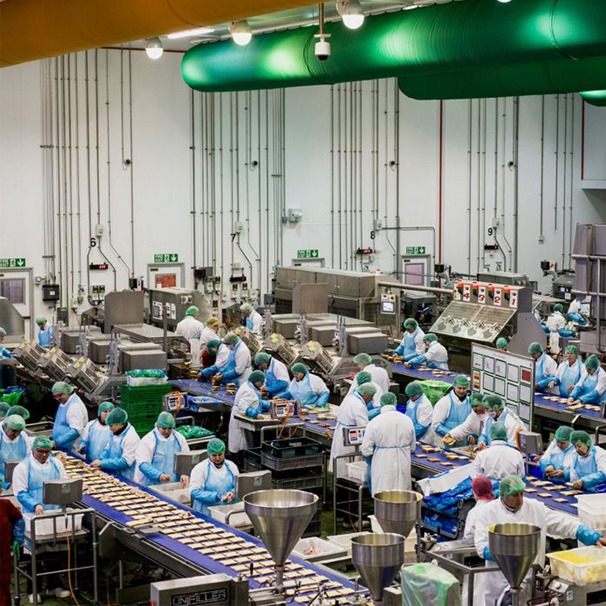
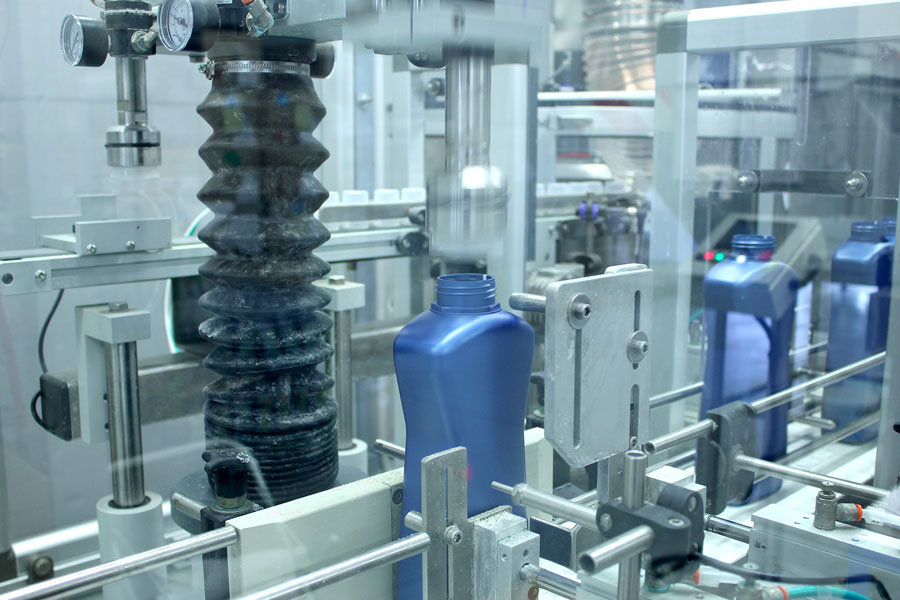
The exact requirements of high care to low care s differ from factory to factory, and there is high protection at all stages of food production. Likewise, with the PPE required, this is generally governed differently at the various sites we work with. Many manufacturing sites achieve an intermediate level of risk management, with significant investment needed to upgrade facilities to the appropriate zoning.
We can help you to prevent expensive mistakes and help you achieve a smoother transition to the appropriate level of risk management by sharing our best-practice insights across a wide array of manufacturing sites.
If you would like to find out more about how we can help you to design safe and effective facilities to manage microbial risk, please ask us.
4. VACCP and TACCP
VACCP – Vulnerability Assessment and Critical Control Points; TACCP – Threat Assessment Critical Control Point.
TACCP and VACCP go hand in hand in the quest to demonstrate product authenticity. Both are designed to prevent the intentional adulteration of food. TACCP identifies the threat of behaviourally or economically-motivated adulteration; VACCP identifies how vulnerable various points in the supply chain are to the threat of economically-motivated adulteration.
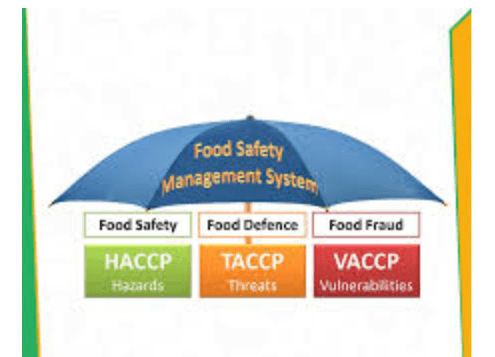

In contrast, the actions that are required to prevent deliberate tampering within a food supply chain do not sit comfortably on a linear set of operations.
If you would like to find out more about how we can help you to mitigate the risks through supply chain, please ask us.

